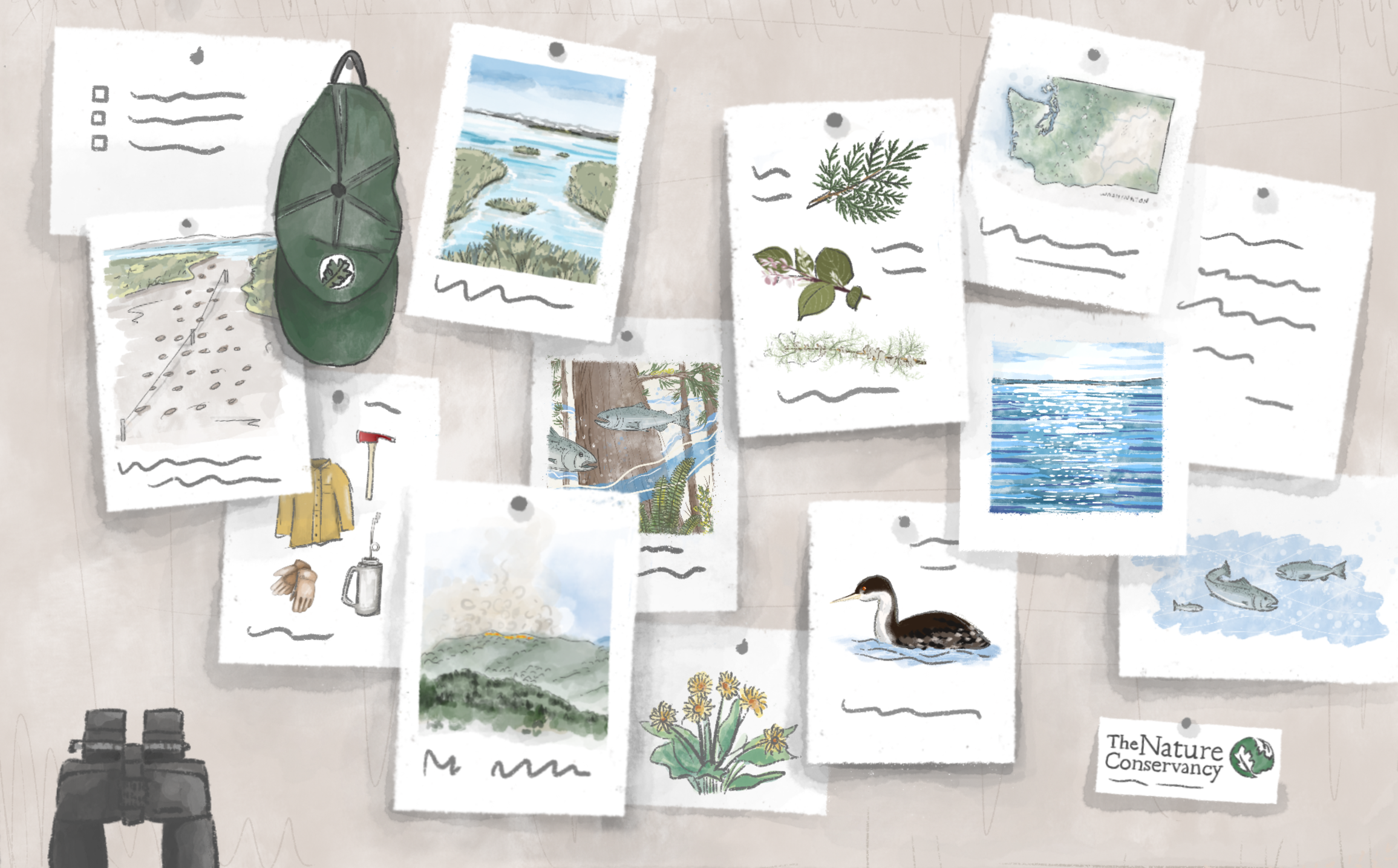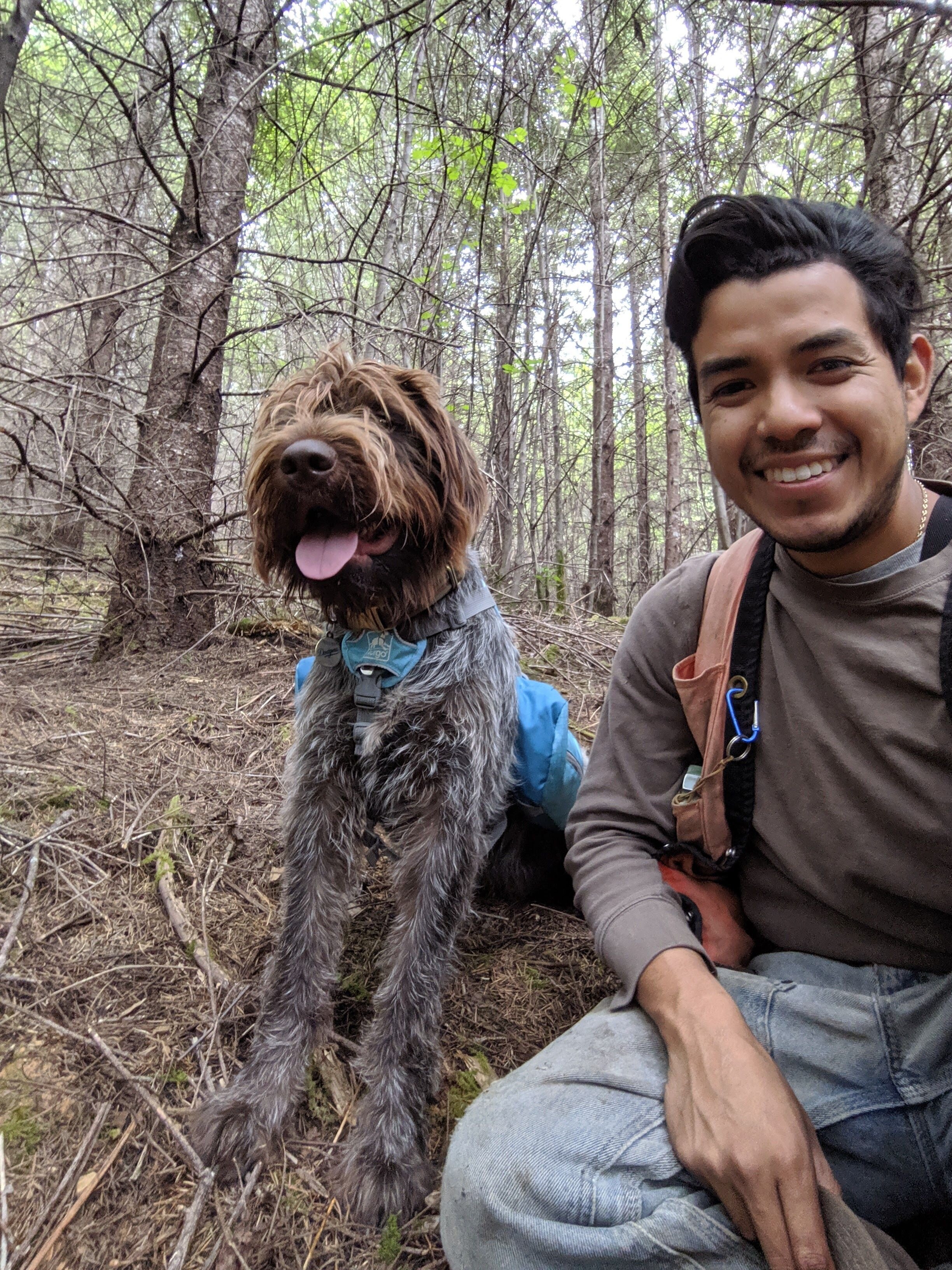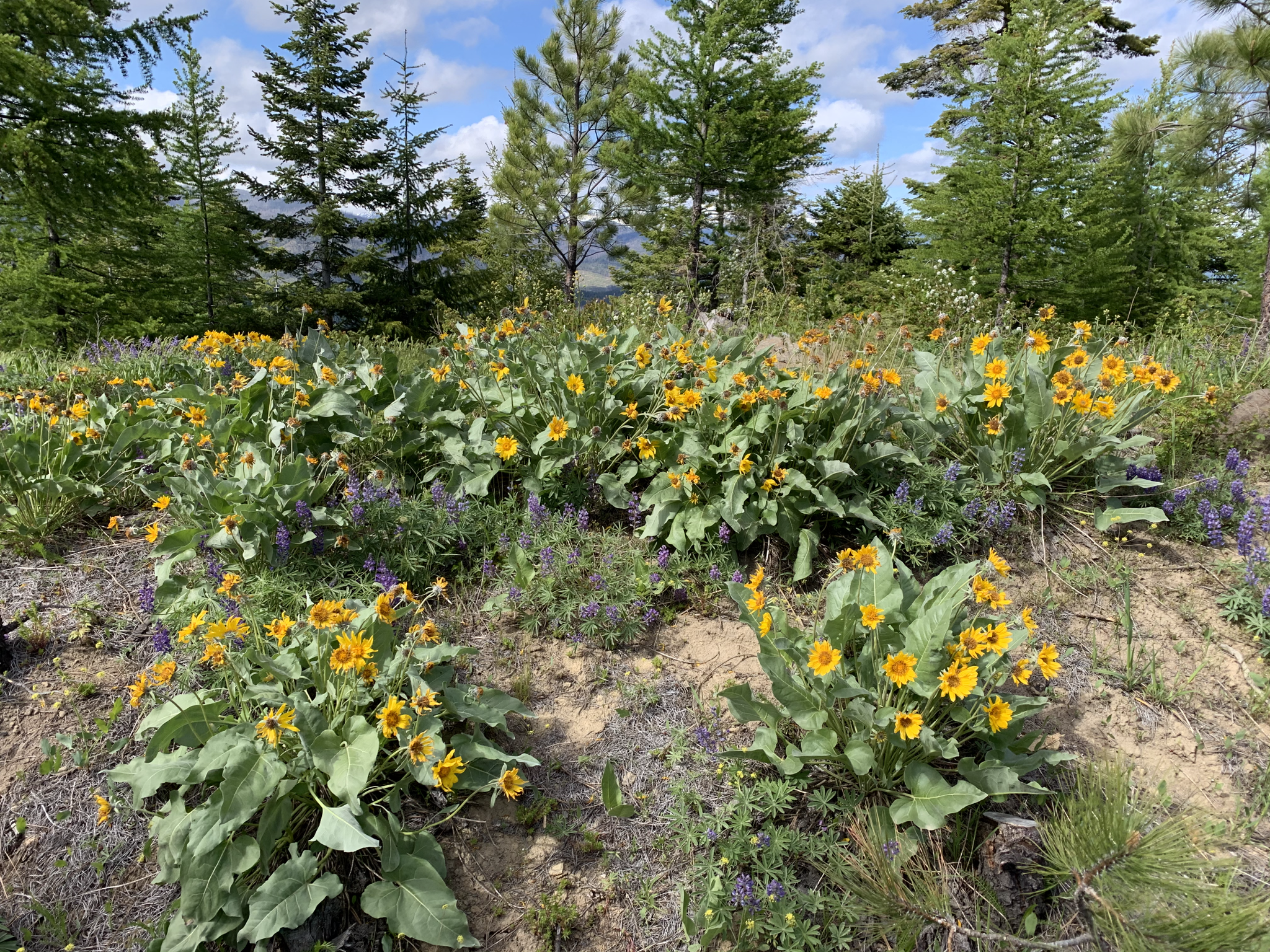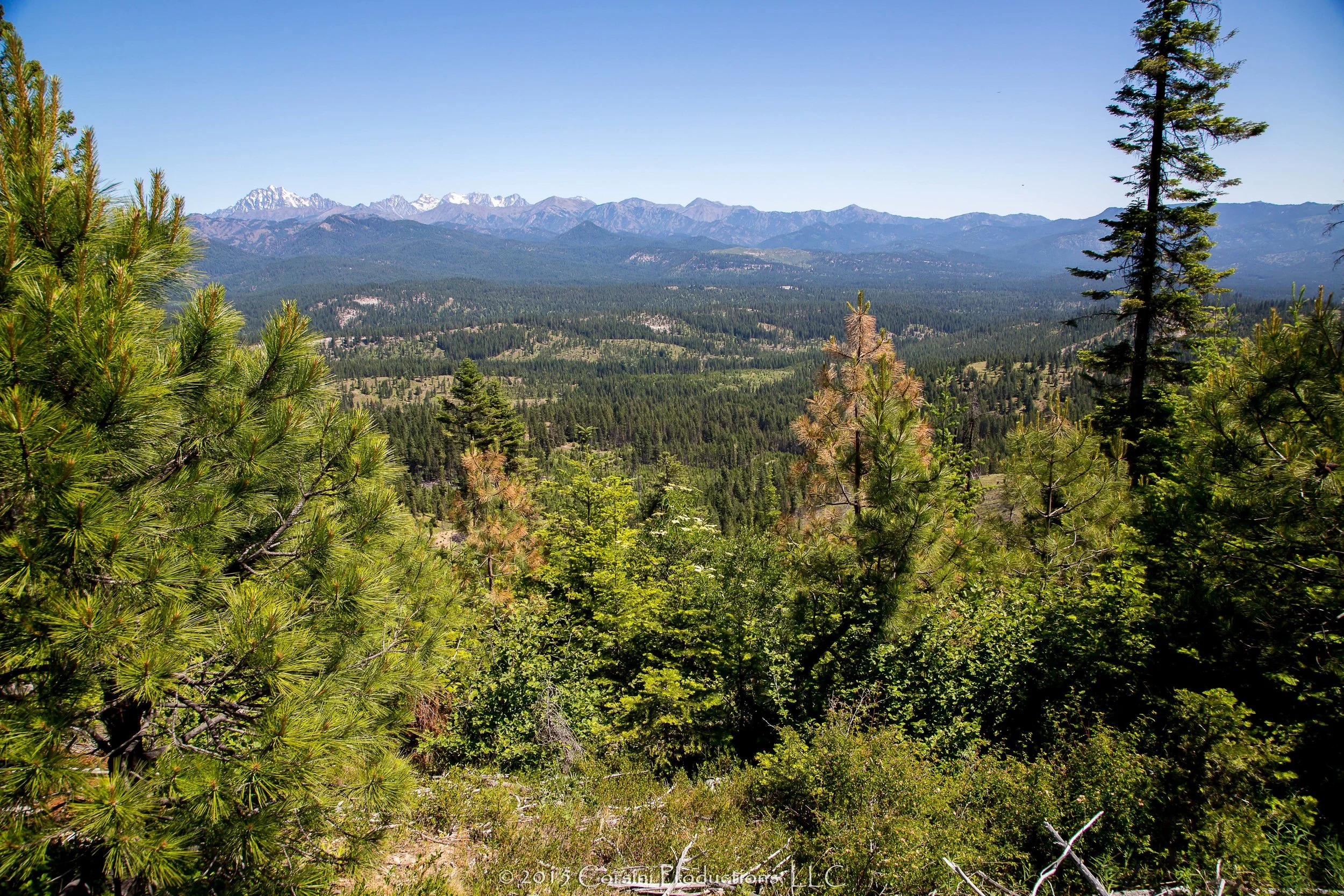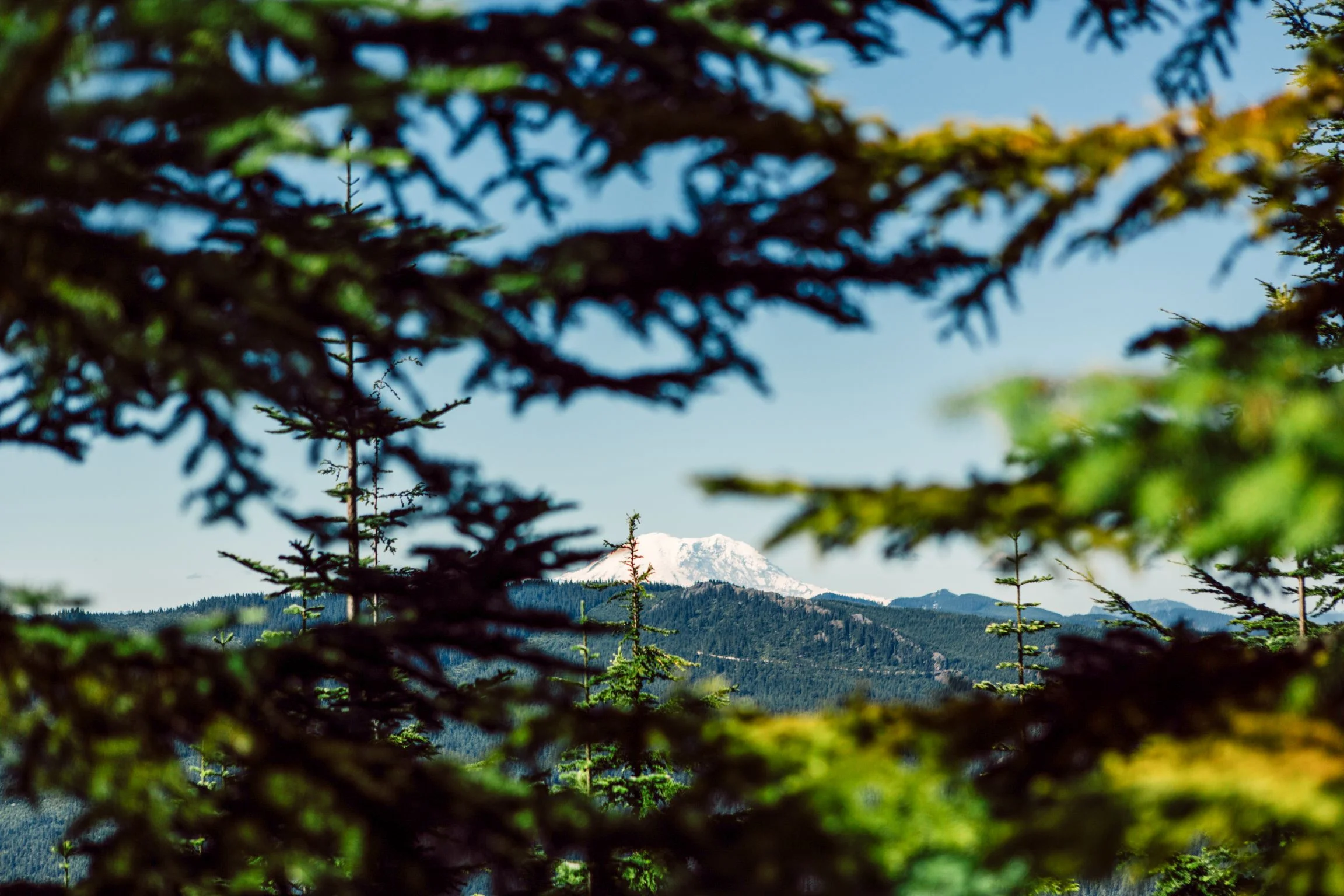On a cold, clear winter day in early January, Reese Lolley stands atop Peoh Point looking out over the Cle Elum valley and the Stuart range to the north. Much of this forest land, although beautiful, is unhealthy. Dense, trees and brush come right up to private homes and communities, increasing the risk of destructive fires.
“Wildfire, water, and wildlife don't recognize boundaries,” said Reese, director of forest restoration and fire for The Nature Conservancy in Washington. “With this additional funding ($2.3 million), we will get more work done on the ground work that protects water quality and reduces megafire risk.”
Funds will be used to support three collaborative forest-health projects in the Central Washington Cascades region including on national forest and private lands in the Tonasket, Mazama, Leavenworth and Cle Elum areas.
“Increasing the pace and scale of restoration is more important now than ever before,” said Forest Supervisor Mike Williams. “We must act now to maintain this landscape for present and future generations.”
Restoration efforts on the Forest include mechanical thinning, prescribed fire and stream improvements. This funding from the Joint Chiefs Landscape Restoration Partnership between the U.S. Forest Service and the Natural Resources Conservation Service builds on $2 million awarded in 2016 aimed at improving the health and resiliency of forest ecosystems and communities where public and private lands meet.
Partner organizations that have contributed to project proposal and planning development as well as implementation include the Okanogan-Wenatchee National Forest, Natural Resources Conservation Service, Washington Department of Natural Resources, Yakama Nation, Tapash Sustainable Forest Collaborative, North Central Washington Forest Health Collaborative, Washington Department of Fish and Wildlife, National Forest Foundation, Washington Fire Adapted Communities and Fire Learning Network, Washington Resource and Conservation Development Council, Chumstick Wildfire Stewardship Coalition and local conservation districts.


